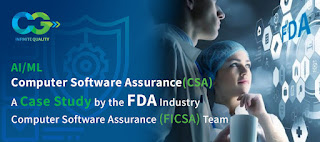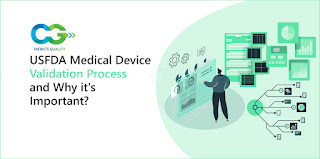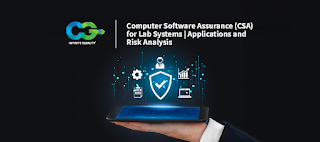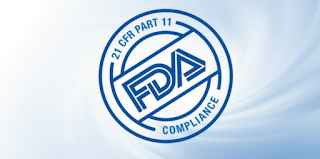Streamlined and Developed Computerized Software Validation Processes in GLP Laboratory: A Case Study
The rapid evolution of technology has revolutionized laboratory processes, particularly in the context of GoodLaboratory Practices (GLP) . This case study explores the implementation of streamlined and developed Computerized Software Validation (CSV) processes in a GLP laboratory, aiming to enhance efficiency, compliance, and data integrity. The laboratory in focus recognizes the critical role of validated computerized systems in generating reliable and reproducible data, which is paramount for regulatory compliance and scientific credibility. The case study begins by highlighting the challenges faced by the laboratory before the initiation of the CSV process overhaul. Common issues included prolonged validation timelines, resource-intensive efforts, and a lack of harmonization among validation procedures. To address these challenges, the laboratory adopted a comprehensive approach to modernize its CSV processes . The streamlined CSV processes incorporated risk-based validati







